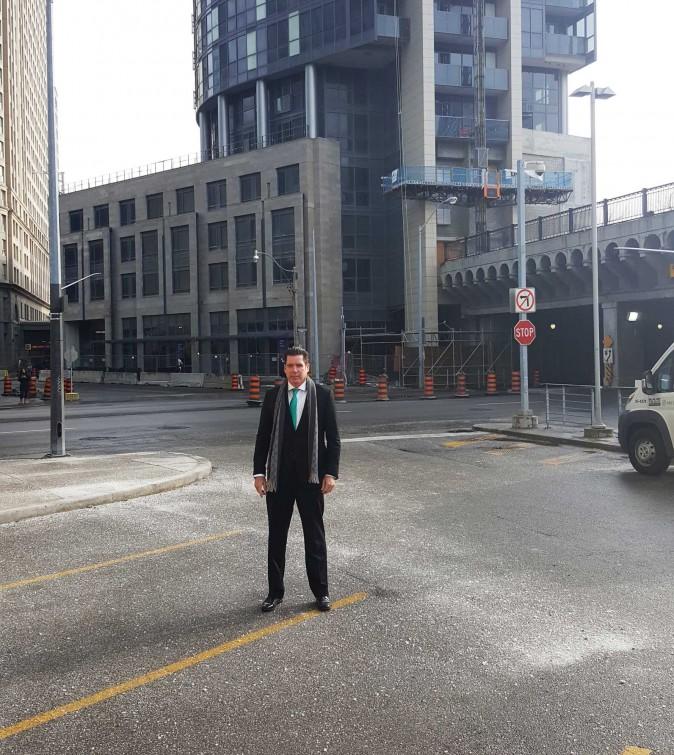Prices for residential real estate soared in the Greater Toronto Area in 2016 and the trend is expected to continue in 2017.
“The high cost of real estate in Toronto is across the board— in resale homes, new high-rise condos and low-rise houses,” said Scott Davie, former vice president with Milborne Real Estate.
Just why are GTA prices so high and what’s driving them up? Davie recently sat down with the Epoch Times to explain what’s behind the continued escalation in home and condo prices.
There are several factors driving housing demand, Davie explained, including low interest rates and immigration. About 120,000 new immigrants choose to move to the GTA each year. These people aren’t just those from foreign countries who have opted to make Toronto their home. The collapse of Alberta’s oil-based economy and the loss of 200,000 jobs has immigrants who would normally choose Alberta as a place to live to looking to Ontario instead.
Many Canadians who have lost jobs in the west are also moving to the GTA where they have better employment opportunities. This has been happening for several years and will continue for the foreseeable future, said Davie.
In the Toronto area, there is also a housing supply problem, said Davie. Toronto area developers are limited in the number of new homes and condos they can build.
The Ontario government restricted the amount of land that can be used for development, with legislation such as the Oak Ridges Moraine Act of 2001 that prohibits development on 190,000 hectares deemed as environmentally sensitive, and the Ontario Greenbelt Plan, enacted a decade ago, that protects 800,000 hectares surrounding the Golden Horseshoe and runs through the GTA.
This protected land has created a barrier that has limited expansion of the GTA from Brampton to Oshawa, while at the same time demand for homes is increasing. This has put upward pressure on house prices, Davie explained, and caused former small communities such as Milton, Caledon, Bradford, and northeast Markham to boom as developers look for places where they can build. The land shortage has also been compounded by lengthy delays in the municipal approvals process, as it can take in excess of a year for a project to get approval and on the market, said Davie.
The taxes imposed on pre-construction homes and condos are another factor affecting prices. These include HST, education levies, park levies, development charges, Section 37 charges (for community benefits such as parks, libraries, etc.), Ontario Land Transfer Tax and in some cases, the Toronto Land Transfer Tax.
Buyers of new homes and condos in the GTA are paying a staggering 15 to 20 percent of the purchase price in taxes. That would be $150,000 of the cost of a $1 million new house or $75,000 of a $500,000 new condo, Davie pointed out.





